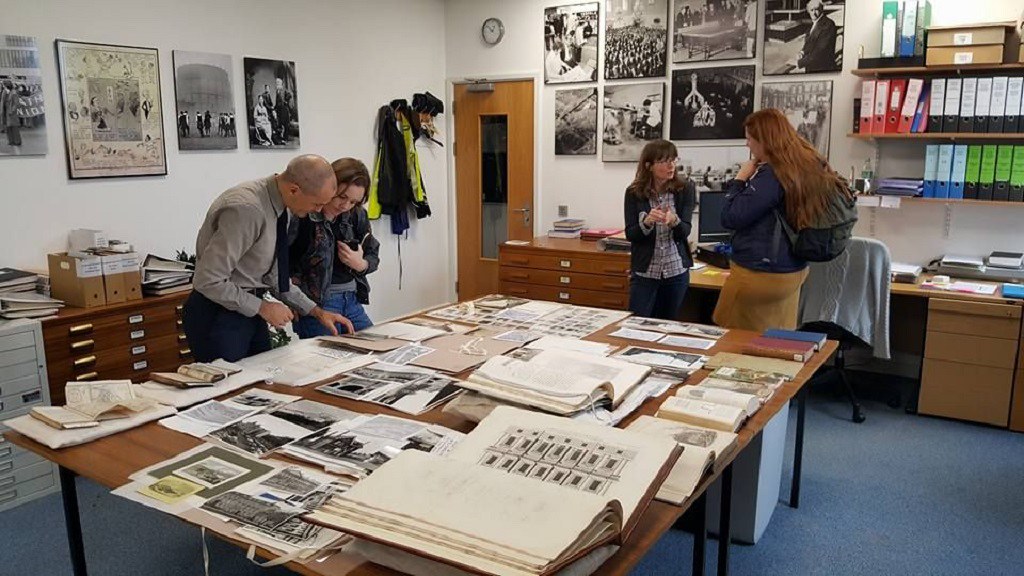
This course is a comprehensive introduction to health information management for librarians and information scientists.
- Διδάσκων: ΑΡΤΕΜΙΣ ΧΑΛΕΠΛΙΟΓΛΟΥ
| The objective of this course is to provide information scientists with an overview and critical analysis of historical and current developments and ongoing discussions regarding
several important aspects of scientific scholarly communication. |
|---|
- Διδάσκων: ΔΗΜΗΤΡΙΟΣ ΚΟΥΗΣ
The course offers an overview of metadata and the conceptual and practical understanding of metadata in archives, libraries, museums, in information organizations in general and in every day life. The course enables students to understand concepts such as metadata (descriptive, bibliographic, authoritative) and their use in digital repositories, library catalogues, the web etc., and concepts about interoperability, metadata harvesting and protocols etc.
- Διδάσκων: ΑΛΕΞΑΝΔΡΟΣ ΚΟΥΛΟΥΡΗΣ
- Διδάσκων: ΔΑΦΝΗ ΚΥΡΙΑΚΗ-ΜΑΝΕΣΗ


